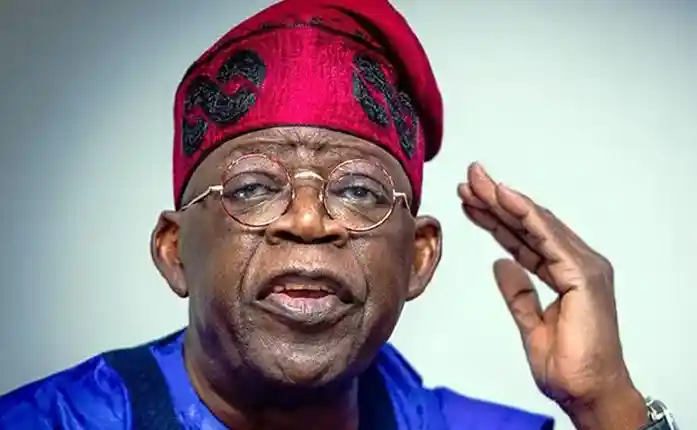Bayo Onanuga, the Special Adviser to President Bola Tinubu on Information and Strategy, shed light on the administration’s ambitious agenda for 2024.
The focus, according to Onanuga, is squarely on addressing the challenges stemming from the comprehensive reforms initiated by the Tinubu administration across various sectors of the economy.
Read also: Week 25 Pool Result 2023 Sat Dec 23: UK Wk25 pool results from Pool Agent
Acknowledging the temporary pains caused by recent reforms, particularly the removal of fuel subsidies and the consolidation of foreign exchange rates, Onanuga emphasized that proactive measures would persist.
He assured the public that the forthcoming year would witness the fruition of these measures, bringing positive outcomes for all Nigerians.
The economic landscape, as outlined by Onanuga, reflects the aftermath of tough decisions made by President Tinubu since taking office in May. The removal of the wasteful fuel subsidy, projected to consume about N7 trillion in the current year, was among the first bold steps taken to address the economic challenges inherited from previous administrations.
Despite facing a budget deficit of N10.8 trillion in June 2023 and a debt service exceeding projected values, President Tinubu’s commitment to steering the country through difficult times has begun to yield positive results.
The third-quarter report from the National Bureau of Statistics indicated a GDP growth of 2.54%, surpassing the growth recorded in the same period the previous year.
The service sector, comprised of information and communication, financial, and insurance, played a pivotal role in this growth, contributing 52.7% to the aggregate GDP. Notable expansions were also observed in construction, real estate, metal ores, coal mining, chemical and pharmaceutical products, cement, and construction.
In the oil sector, which reported a negative growth of 0.85%, there was a marked improvement compared to the negative 22.67% recorded the previous year. This improvement was attributed to enhanced security measures around oil infrastructure, resulting in increased production.
Trade volumes witnessed a substantial jump from N12.16 trillion in Q2 to N18.8 trillion, with a trade surplus of N1.89 trillion in Q3. This represents a significant increase from the trade deficit recorded in the same quarter of the previous year.
Furthermore, the value of exports in the third quarter soared to N10.35 trillion, a 60.78% increase from Q2 2023. Crude oil dominated the export sector, constituting 82.5% of the total, indicating a boost in the country’s oil production for export.
Read also: Delta State Police Ensures Safety, Deploys Security for Holidays
As the year comes to a close, these early indicators suggest that President Tinubu’s economic reforms are laying the foundation for a more resilient and prosperous Nigerian economy in the years ahead.








